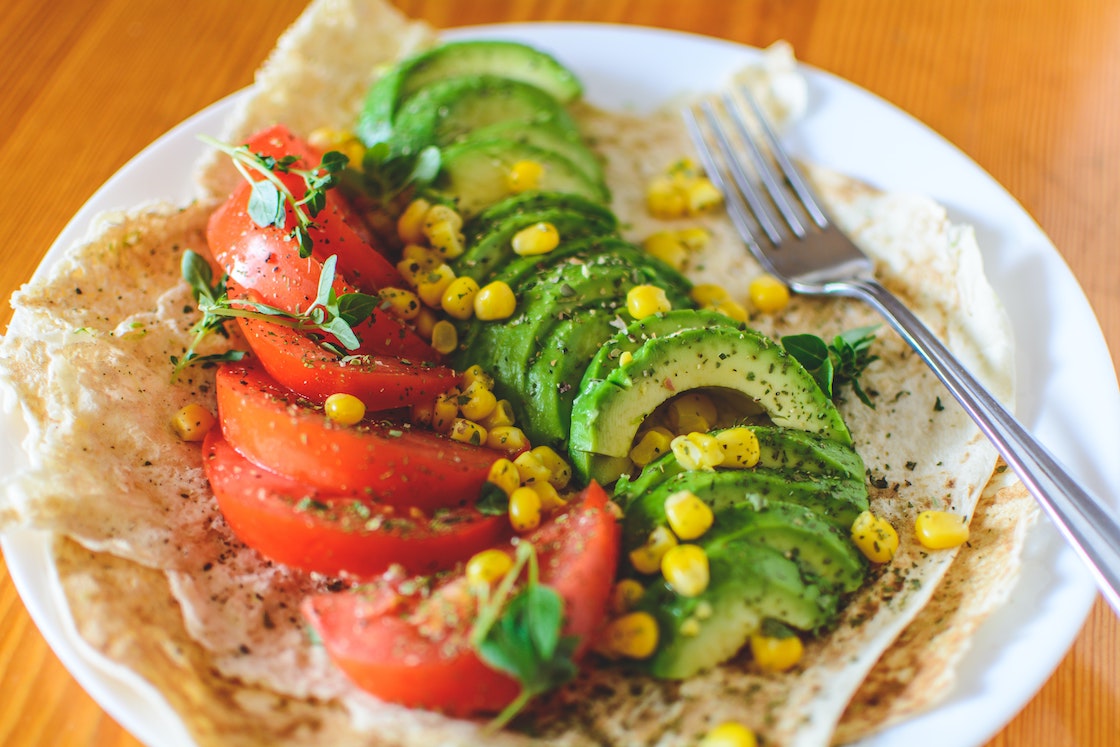Did you know that the food you eat after having plastic surgery plays an important role in determining how fast and smooth your recovery is?
Everything you put into your body, from the supplements you take, to the foods you consume, the alcohol you don’t drink, and the cigarettes you don’t smoke, plays a big part in the health of your results and the healing process.
What you ingest in the days leading up to your surgery as well as in the hours and days immediately after it can also have an impact on how good or bad your results are.
By way of example, smoking cigarettes after plastic surgery can cause skin necrosis, or skin death, which would leave you looking terrible and in need of yet another surgery.
You can give your body the help it needs by eating nutritious foods and cutting down on the foods that aren’t specifically doing anything to help your recovery.
Surgical procedures are traumatic and taxing on the body, and maintaining a healthy diet can reduce your chance of infection and, in some cases, help your body produce finer, smoother scars.
In this guide we’ve listed what types of foods you should eat as well as the importance each food plays.
Table of Contents
What should you eat after having cosmetic surgery?
It’s true that the final goal of cosmetic surgery is to enhance the way you appear on the outside, but while you’re on the road to recovery, it’s more essential to think about what you’re putting into your body than it is to worry about how you’ll look on the outside.
For optimal recovery after surgery, this unquestionably involves keeping a close eye on the foods you consume.
Consider including any of the following items in your diet to help decrease inflammation and speed up the healing process:
Water
Increasing the amount of water you drink is essential to assisting you in your recovery. In addition to lowering the risk of infection, drinking enough water lowers your chances of experiencing negative effects from pain medication, such as constipation.
Fruits & Vegetables
Fruits and vegetables, particularly those with darker, leafy greens, are encouraged on almost every diet. Other foods that are beneficial include red onions, broccoli, pineapples and apples, and capers. These meals may help reduce edema more quickly. These provide your body the vitamins it needs to help it recover and fight off infections, so eat them regularly.
Omega-3 Fats
Eating foods high in omega-3 acids, such as fatty fish like salmon, halibut, or mackerel, as well as fish oil, flax and flaxseed oil, hemp seed and hemp seed oil, and walnuts and walnut oil, may help reduce inflammation and keep it under control.
Spinach
It is one of the most significant foods to regulate inflammation since it has a wealth of minerals such as vitamin E, vitamin C, and beta-carotene. This green leafy vegetable is rich with nutrients and can greatly help your recovery.
Eggs
Egg yolks are loaded with amino acids, which have been shown to decrease inflammation, lessen discomfort, and assist in the healing process. Eggs themselves include a high concentration of antioxidants, which are believed to help decrease swelling and aid in the healing process.
Spices
Bromelain, which is present in pineapple, ginger, chili peppers, and parsley are just a few of the numerous herbs and foods that have been recognized for their ability to reduce inflammation.
Avoid These Foods Before, During, and After Plastic Surgery
Following the completion of your body contouring or facial procedure, there are some components of your diet that should be eliminated. It is important for your body to be in the best possible health to begin the healing process as soon as possible after the surgery. To reach this goal, you must refrain from eating the following foods:
Avoid: Sodium
Sodium may increase fluid retention, which might prolong any edema or puffiness around an incision. Salt is a common source of sodium. Right after surgery, you should drastically cut down on salt intake, if not remove it entirely, to give your body the best chance to recover and to see faster, more tangible benefits.
Avoid: Sugar
Refined sugar and meals that are heavy in refined carbohydrates both have the potential to inhibit immune function while also promoting inflammation.
Following surgery, your body will need roughly five times the normal amount of nutrients in order to reduce the risk of infection and speed up the healing process.
A healthy diet can help minimize swelling and protect against infection as well as discomfort and inflammation.
Discuss the prescription and over-the-counter medications you use with both your plastic surgeon and your primary care physician to determine whether or not it is safe for you to continue taking them before and after surgery.
If you follow your surgeon’s instructions carefully and act accordingly, your recovery will go much more smoothly and at the end of the day, the ability to heal properly lies in part in eating the appropriate foods.


